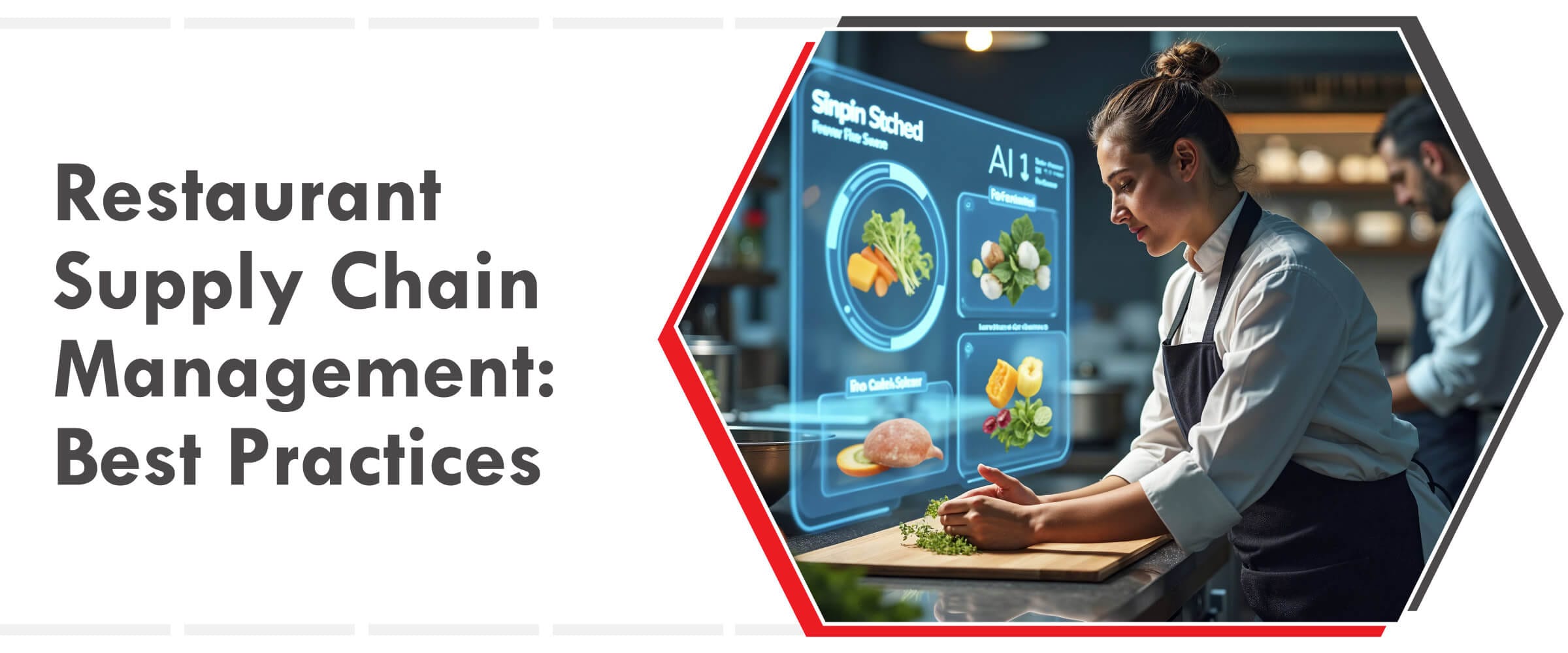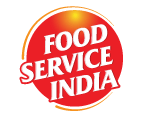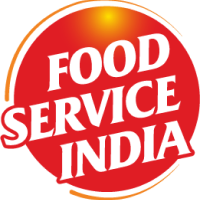
How To Optimise Restaurant Supply Chain Processes?
Don’t you just want a way to run a restaurant without worrying about inflation and ingredient unavailability?
An effective supply chain process is essential for every restaurant to keep it running smoothly without any hitches. While keeping customers happy and well-fed is important, owners and managers must also be able to source, acquire, and buy quality raw ingredients at the best price.
In this blog, we will explain seven ways to optimise your restaurant supply chain. These tips will help you tackle problems like sourcing, inventory management, and sustainability and build cost-saving strategies.
A] Understanding the Restaurant Supply Chain
The supply chain is a key part of any business process. It is a network of people and activities involved in fulfilling consumer demands. They are responsible for ensuring the smooth flow of ingredients and products from suppliers to customers.
Restaurant supply chain management involves sourcing raw materials from vendors and suppliers. A restaurant often has more than one vendor for different types of products like spices, vegetables, meat, and beverages. Food Service India (FSIPL) is one of the leading food product distributors in India, offering an extensive range of products while also helping to improve the restaurant supply chain.
B] Best Practices for Restaurant Supply Chain Management
1. Strong Supplier Relationships

A strong relationship with your supplier is critical for building a trustworthy and reliable supply chain. A vendor who is aware of your restaurant’s target market and foot traffic will be able to predict stock reorders with near accuracy. Regular communication, bulk purchasing, and long-term contracts can help you do so.
Partnering with trusted brands like FSIPL ensures professional service and the highest quality products. We take great care to ensure timely deliveries without compromising product quality or quantity, so your kitchen is never out of stock or overstocked.
2. Implementing Smart Inventory Management

Keeping your inventory at an optimal level is key to avoiding problems like food wastage, sub-par ingredient quality, food poisoning, and stockouts. Implement inventory management software to ensure optimal inventory management. You can find many free inventory management software programs on the Internet. You can also go for paid software if you have the capital and require the additional features they offer.
You can also implement the FIFO method in which the older stock is used first. Organise the inventory according to the shelf life and demand of each product. Smart inventory management can also help prevent capital from being tied up in excessive inventory.
3. Implement Software For Data and Insights

Implementing software for gathering data and insights and analysing them can help you learn about seasonality, recent foot traffic, current stock, orders on special events, and much more. This data is valuable for forecasting demand and trends. Having this information helps to determine which ingredients should be ordered in bulk and when. For example, if your data indicates a high demand for cold drinks during summer, you can buy ingredients like fruit syrups and crushes in advance to meet demands.
Many modern platforms integrate with POS systems, giving you real-time analytics on ingredient consumption and costs. With the stock levels taken care of by software and algorithms, you can focus on improving customer experience.
4. Keep track of food safety

Supply chain management also means keeping track of ingredients that have passed their expiration dates. Having too much quantity of an ingredient that might not be used before its expiration is a waste of food and resources. On the other hand, you must also ensure that the products are kept at an ideal temperature during transportation and storage and proper handling procedures are followed.
Being a professional, FSIPL ensures that all the safety compliances are met like safety audits, temperature control, proper handling, and maintaining inventory records. Our products like Sunbay Coconut milk and Pineapple tidbits have a longer shelf life and stay fresh for use.
5. Sustainable and Ethical Sourcing

If you want to ensure your ingredients are sourced sustainably and ethically, having a trusted supplier is a must. If your restaurant or cafe prides itself on being environmentally conscious, you need to be able to prove it to your customers. This includes, reducing plastic packaging, minimising food waste, and supporting local farmers.
FSIPL offers ethically sourced products and maintains complete transparency in its supply chain. We create a delicate balance between sustainability and economical ingredients.
6. Risk Management and Contingency Planning

Even with all the planning in the world, accidents and disruptions are bound to happen without any notice. A contingency plan is necessary to mitigate the risks of supply issues, transportation delays, or sudden price hikes. A professional and reputed supplier will no doubt have a backup plan ready.
Nonetheless, you must also have a backup plan ready for such issues. Create a reserve of ingredients for unexpected inventory shortages. You can also have a backup supplier for critical ingredients to prevent last-minute stress.
7. Reevaluate Vendor Pricing

Sourcing your ingredients at the best market rates is critical for boosting your bottom line. While ingredient prices fluctuate depending on market conditions, reviewing vendor pricing regularly can help you get the best deals. Negotiating prices from trusted suppliers instead of looking for cheaper alternatives helps maintain quality consistency.
By partnering with FSIPL, you get premium-quality products at competitive prices. Having been in the industry for years now, we understand the importance of maintaining cost efficiency while keeping flavours consistent.
Partner with Food Services India Pvt. Ltd. – your trusted HORECA distributor for premium restaurant supply solutions.
Further Reading:
Conclusion
An efficient and optimised restaurant supply chain is necessary for running a successful business and outperform competitors. Restaurant owners can avoid disruptions and improve inventory management by implementing smart inventory management and leveraging technology. Partner with a trusted and experienced vendor like FSIPL for maintaining long-term success.
FSIPL is India’s top HoReCa product manufacturer and distributor, having helped several restaurants across the country. For more information, get in touch with us today.





